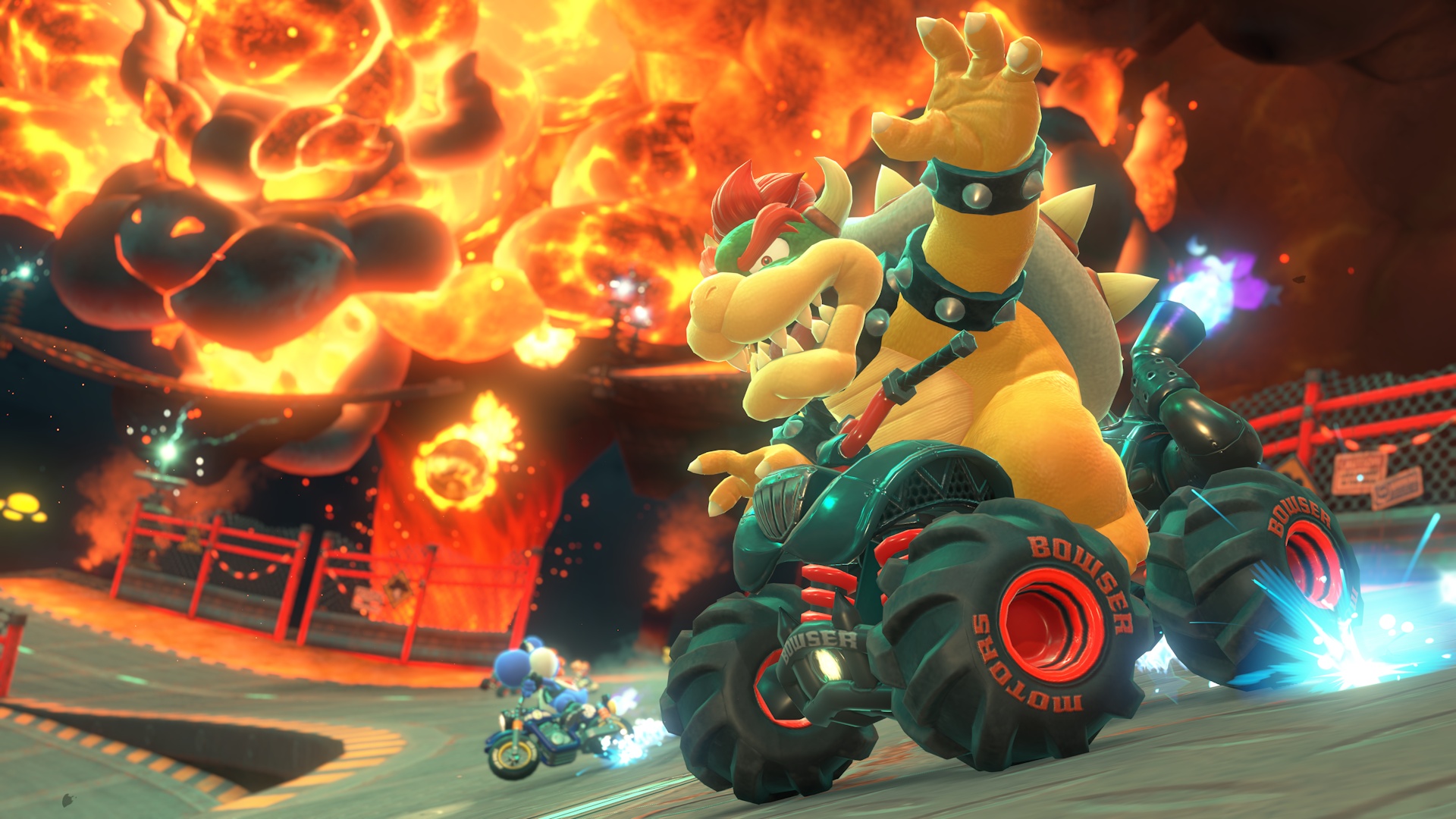On November 22, 1994, the Sega Saturn made its debut in Japan, marking Sega’s ambitious entry into the 32-bit console generation.
Launching ahead of Sony’s inaugural PlayStation—which arrived on December 3, 1994—the Saturn initially enjoyed strong enthusiasm, particularly because it was the only console featuring Virtua Fighter at launch.
Now, as the Sega Saturn celebrates its 30th anniversary, it’s clear that its legacy is more nuanced than sales numbers alone suggest. The Sega Saturn was conceived as a follow-up to the hugely successful Genesis (Mega Drive outside North America), with Sega aiming to replicate its 16-bit triumph in an increasingly competitive home console landscape.
While the system attracted instant attention and drew crowds in Japan, its Western release in 1995 presented significant challenges.
Most notably, the Saturn’s North American launch price of $399 was $100 higher than the PlayStation, which immediately put Sega at a disadvantage in the American market. Over time, the sales gap between the two consoles became insurmountable.
The Sega Saturn ultimately sold 9.26 million units worldwide, a stark contrast to the PlayStation’s monumental 102.49 million sales.
As a result, gaming historians have often labeled the Saturn a commercial failure—an assessment supported by its market share but not fully representative of its impact or legacy. Despite its commercial shortcomings, the Saturn holds a unique status among devoted Sega fans and enthusiasts.
In Japan, the platform received strong support from legendary publishers like Capcom and SNK, who brought nearly all their major arcade hits to the console.
Thanks to the Saturn’s advanced 2D processing capabilities, many of these ports were considered superior to their PlayStation counterparts.
"The Saturn was unmatched for 2D arcade action—fighting game fans in particular enjoyed near arcade-perfect experiences at home," as observed by industry commentators. In Western markets, the Saturn gained recognition as a cult favorite, cherished by import gamers and aficionados of shoot-’em-ups (shmups).
Classic titles like Radiant Silvergun became hallmarks of Sega Saturn ownership, while a steady flow of exclusive Japanese imports and exceptional coin-op conversions set the system apart for hardcore gamers.
The Saturn’s controller, praised for its responsive D-pad and optimal button layout, further solidified its reputation as the preferred choice for fighting game enthusiasts. While the Saturn was ultimately outpaced in the global market, its legacy is defined not just by numbers, but by a catalog rich with exclusives and beloved arcade adaptations.
Today, as it marks three decades since its launch, the Sega Saturn is remembered as one of gaming history’s most rewarding and resilient "flops." Far from being forgotten, the Saturn continues to captivate collectors, developers, and retro gaming fans worldwide, cementing its enduring influence in the video game industry.
Launching ahead of Sony’s inaugural PlayStation—which arrived on December 3, 1994—the Saturn initially enjoyed strong enthusiasm, particularly because it was the only console featuring Virtua Fighter at launch.
Now, as the Sega Saturn celebrates its 30th anniversary, it’s clear that its legacy is more nuanced than sales numbers alone suggest. The Sega Saturn was conceived as a follow-up to the hugely successful Genesis (Mega Drive outside North America), with Sega aiming to replicate its 16-bit triumph in an increasingly competitive home console landscape.
While the system attracted instant attention and drew crowds in Japan, its Western release in 1995 presented significant challenges.
Most notably, the Saturn’s North American launch price of $399 was $100 higher than the PlayStation, which immediately put Sega at a disadvantage in the American market. Over time, the sales gap between the two consoles became insurmountable.
The Sega Saturn ultimately sold 9.26 million units worldwide, a stark contrast to the PlayStation’s monumental 102.49 million sales.
As a result, gaming historians have often labeled the Saturn a commercial failure—an assessment supported by its market share but not fully representative of its impact or legacy. Despite its commercial shortcomings, the Saturn holds a unique status among devoted Sega fans and enthusiasts.
In Japan, the platform received strong support from legendary publishers like Capcom and SNK, who brought nearly all their major arcade hits to the console.
Thanks to the Saturn’s advanced 2D processing capabilities, many of these ports were considered superior to their PlayStation counterparts.
"The Saturn was unmatched for 2D arcade action—fighting game fans in particular enjoyed near arcade-perfect experiences at home," as observed by industry commentators. In Western markets, the Saturn gained recognition as a cult favorite, cherished by import gamers and aficionados of shoot-’em-ups (shmups).
Classic titles like Radiant Silvergun became hallmarks of Sega Saturn ownership, while a steady flow of exclusive Japanese imports and exceptional coin-op conversions set the system apart for hardcore gamers.
The Saturn’s controller, praised for its responsive D-pad and optimal button layout, further solidified its reputation as the preferred choice for fighting game enthusiasts. While the Saturn was ultimately outpaced in the global market, its legacy is defined not just by numbers, but by a catalog rich with exclusives and beloved arcade adaptations.
Today, as it marks three decades since its launch, the Sega Saturn is remembered as one of gaming history’s most rewarding and resilient "flops." Far from being forgotten, the Saturn continues to captivate collectors, developers, and retro gaming fans worldwide, cementing its enduring influence in the video game industry.






